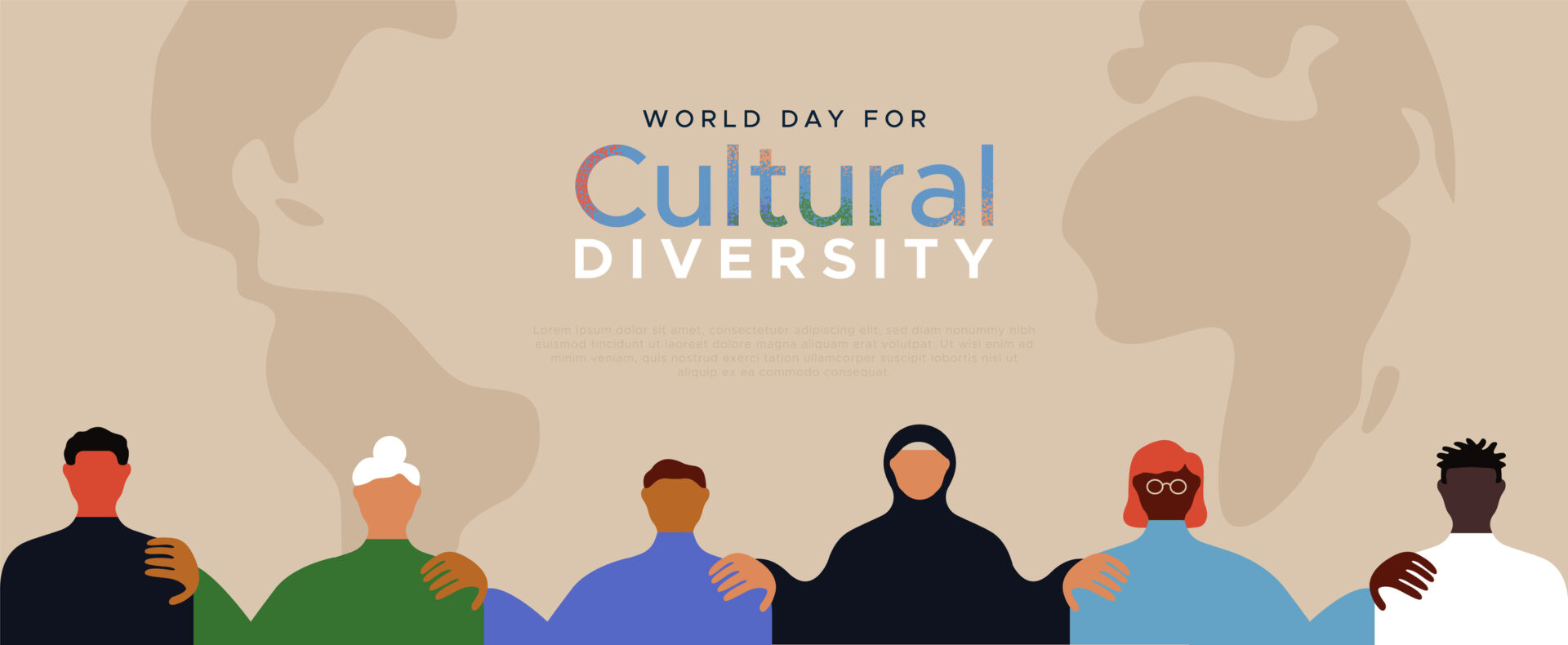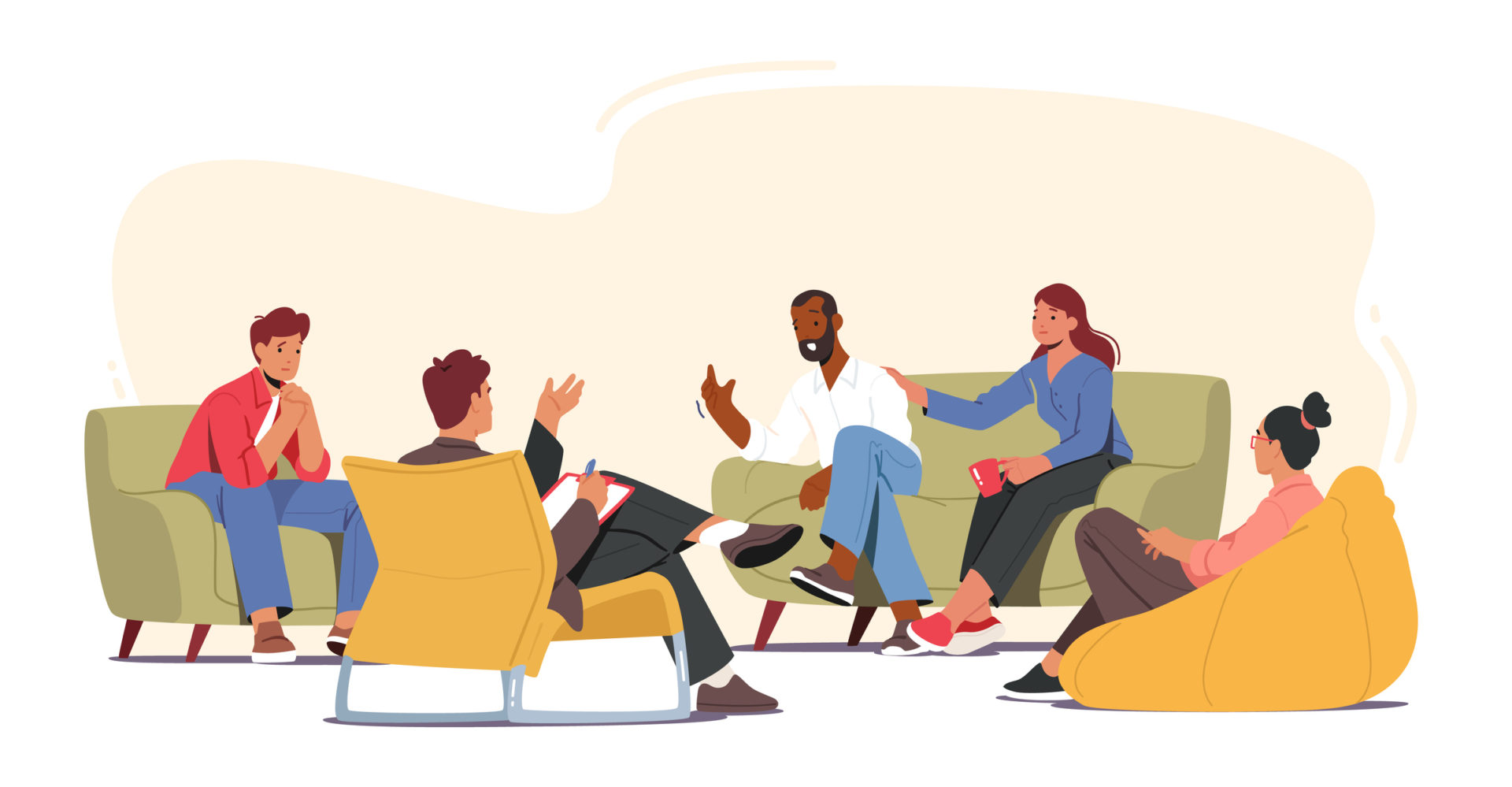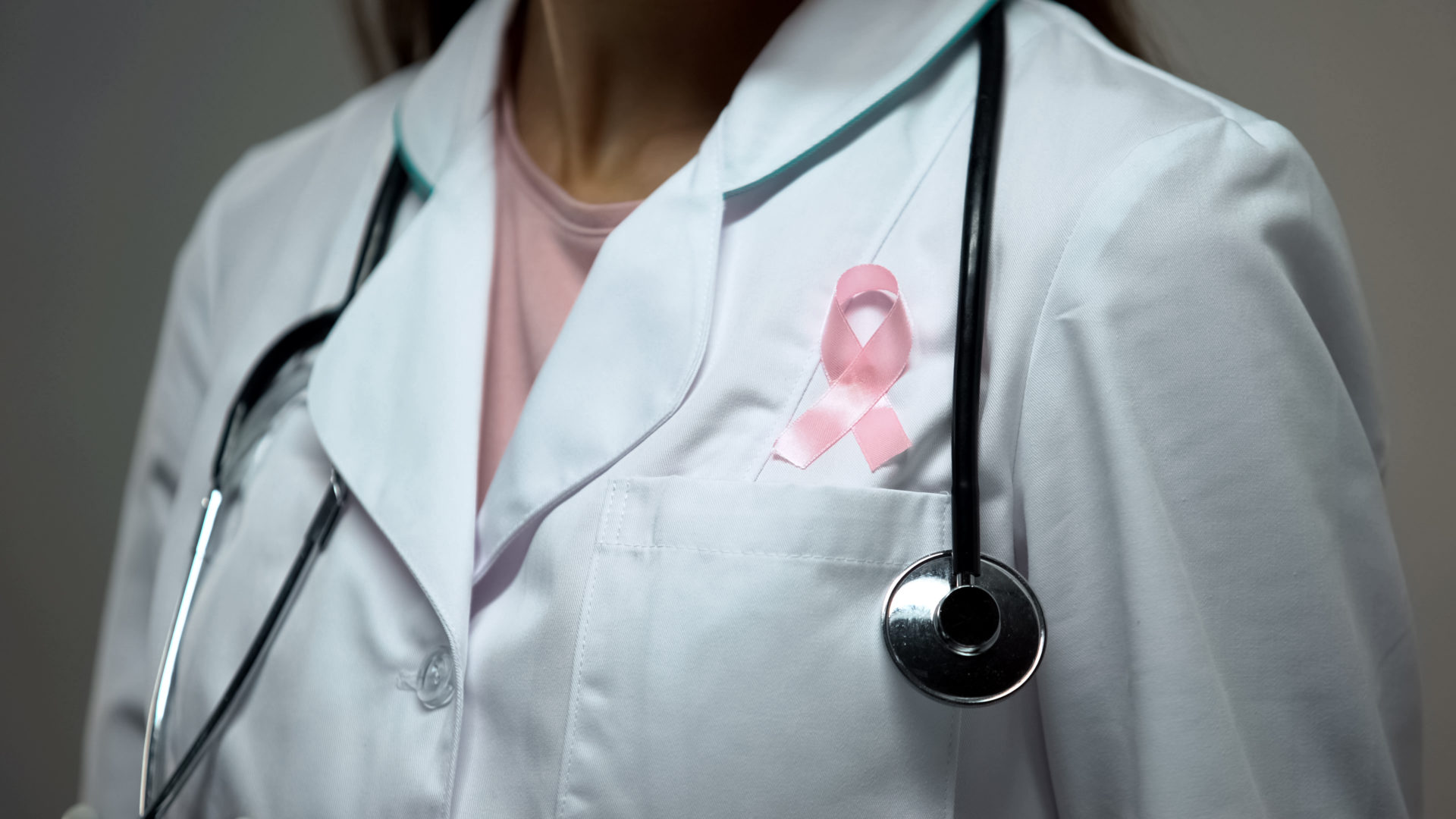In 2015, the United Nations launched the International Day of Women and Girls in Science to support the pursuits of young women in fields which they are often excluded from. These fields include science, technology, engineering, and mathematics. Although medicine is often considered a separate entity, its relation to science, namely biology and anatomy, makes a case for the resources and programs developed for this day to extend to medicine.
School curriculums heavy in math and science help female students to gain confidence and develop foundational knowledge that may inspire them to pursue a degree in medicine later, as was the case with AMO Ambassador and fourth-year medical student Reem. Although she came from a family of physicians, Reem’s talents in science and math solidified her plans to pursue a medical degree.
To celebrate International Day of Women and Girls in Science we interviewed Reem on what it’s like to be a female medical student and be part of a family with such strong ties in the industry. Continue reading for details on Reem’s experience!
Q: Only 30% of females pursue higher education in science, technology, engineering, and math fields. Many medical students earn a bachelor’s degree in science. What degree did you earn before entering medical school?
A: I’m currently enrolled in an MBBS program, so I didn’t earn a degree prior aside from my high school diploma!
Q: What was your educational experience with math and science like during primary and high school?
A: I was pretty good at both subjects and always got straight A’s. I didn’t really like math, except for algebra—it was so much fun solving all the equations. Science, however, was always my favorite subject, especially biology.
Q: What inspired you to go into medicine?
A: It’s a cliché story; my mom is a doctor, and being close to her growing up was a huge factor. Besides that, I always enjoyed medical dramas on TV, which, with my love for science and desire to help people, added up. I felt it was the right field for me, and I honestly can’t picture myself being in any other.
Q: What is your earliest memory associated with becoming a doctor?
A: The first memory that comes to mind currently, which has to do with being an actual doctor, is my first time taking a patient’s full medical history. During my second year of medical school, we had this assignment to write a case commentary and present it. I remember how nervous I was. Although being in the hospital was intimidating, I had the sweetest patient ever. She was so nice and very cooperative, which made the process go smoothly. What I remember most vividly about the experience is how happy and excited I was to reach the right diagnosis and help make the patient’s life easier. She has so much trust in me even though I was just a second-year student. Her vulnerability and trust gave me a sense of the responsibility that rests on a doctor’s shoulders daily.
Q: You mentioned your mother is a physician—what specialty does she practice? Is this a specialty you are interested in pursuing?
A: My mom is a consultant in family medicine. Although I’m inspired by this specialty, especially its emphasis on doctor-patient relationships, it’s not something that I can imagine myself practicing.
Q: Women are under-represented in academic medicine—do you find this to be true? What portion of your medical school instructors have been female?
A: I think that’s accurate. I don’t have the exact statistics, but I would say only one out of every four professors with my university is female. Some fields have more or less than others, though. As an example, the anatomy department has mostly female professors, whereas males almost exclusively teach biochemistry.
Q: How are you enjoying medical school so far? What’s the most interesting thing you have learned?
A: I’m already in the second semester of my first clerkship year, and I’m really enjoying this part of my education. Although I did enjoy studying the basics, it’s nice to finally apply my knowledge and see what’s actually relevant in clinical practice. The most interesting thing I’ve learned recently is how the work-up to reach a diagnosis can be different from case to case to case. For some, physical examinations are pivotal.
Q: What is one challenge you have experienced during your medical education thus far? How did you overcome it? And what did you learn from that experience?
A: Time management is a challenge. I’m sure it’s something that everyone can relate to regardless of their major, especially with the pandemic and online classes. At the start of my first year of clerkship, I had a considerable workload, tons of studying to do, and I had to prepare for hospital rotations. I felt helpless and burned out as I tried to give each task the same priority. At that moment, I realized that I had to take it one day at a time. While planning is important, I found it easier to focus on my daily tasks rather than ruminating on future ones.
Q: We heard you have a sister who’s also in the medical field. What advice have you given to her or received from her regarding medicine or education?
A: My sister is a medical school graduate, so I definitely look up to her. I’m so fortunate that we are so close in age because her advice is always applicable to whatever I’m struggling with. One piece of advice she gave me regarding medicine that can be applied to learning, in general, is that “we shouldn’t separate medicine from our everyday life, as learning is a lifelong process and we should look for knowledge whenever there is an opportunity,” This single sentence has helped me to look things from a different perspective and appreciate learning. When you integrate something into your daily routine, it becomes a part of you—this helped me to dismantle the whole idea that school gets in the way of life.
Q: What is it like to be part of a family with such common professional and academic interests?
A: I always took pride in growing up in a family with this common interest. I find it inspirational when passionate people pursue their dreams and have big goals; it serves as motivation and has helped shape me. I do think you have to be very careful not to get overwhelmed by high expectations, though.
Q: What are your future medical goals? Where do you see yourself in ten years?
A: After graduating medical school and matching into residency, I want to be a good doctor—which I mean in every sense. I don’t want to be someone that only has good grades to show; I want to be a good physician in practice and form strong doctor-patient relationships through effective communication I want to be immersed in the medical field as well. I don’t want to stop at my clinical practice. I want to participate in research. Hopefully, in ten years, I will have a ton of experience and make contributions to my community.
Meet AMO Ambassador
Reem
Reem is a fourth-year medical student from Saudi Arabia and an AMO Campus Ambassador. As the daughter of a general care practitioner, Reem’s love for medicine started early; where her path diverges is in the specialties, she is interested in. Reem is currently enjoying her clerkship years and is exploring endocrinology, nephrology, sports medicine, and emergency medicine. No matter which specialty she chooses, Reem plans to focus on her relationship with patients as she believes that good communication is essential for positive health outcomes.






